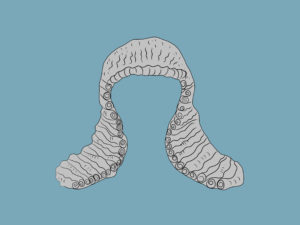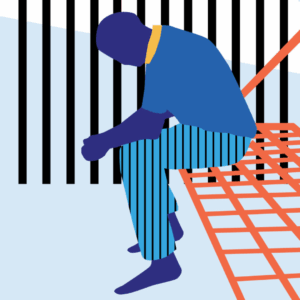
London Lawyers Overturn Caribbean Death Row Conviction
- News
- 23 May 2012
The Death Penalty Project, a London-based human rights legal organisation, has won a groundbreaking appeal case involving a prisoner who has been held on death row in the Caribbean since 2005.
In a judgment delivered on 23 May 2012, the Judicial Committee of the Privy Council (JCPC) in London allowed the appeal of Marcus Daniel, who had been on death row in Trinidad and Tobago. His case has been remitted to the Court of Appeal in Trinidad and Tobago to consider fresh medical evidence.
In 2005, Mr Daniel was convicted and sentenced to death in the High Court of Trinidad and Tobago for the murder of his cousin Suzette Gibson in 2002. The Court of Appeal of Trinidad and Tobago had dismissed Mr Daniel’s appeal in 2007, at which point the Death Penalty Project agreed to represent Mr Daniel in appealing against his death sentence to the JCPC. Julian Knowles QC and Michelle Butler from Matrix Chambers were instructed pro bono to represent Mr Daniel in the JCPC.
Saul Lehrfreund MBE, one of the executive directors of the Death Penalty Project, welcomed the judgment. ‘This has been a long and harrowing case and we are delighted with the outcome so far,’ he said. ‘Trinidad and Tobago is one of only two Commonwealth Caribbean countries that still imposes the mandatory death penalty, and the fairness of the trial and the ability of defendant to pursue all defences is even more imperative in a capital case where the sentence is automatic and irrevocable.’
In its judgment, the JCPC said: ‘This is a most unusual case. (Mr Daniel) was a man of previous good character who, for no apparent reason, killed his cousin with whom he seems to have had a close platonic relationship. He inflicted multiple stab wounds on her in a sustained and violent attack.’
At the time of the offence there had been concerns about Mr Daniel’s mental state and the Death Penalty Project instructed forensic psychiatrist Professor Nigel Eastman and clinical psychologists Dr Tim Green and Dr Alastair Gray to assess him on a pro bono basis. Their respective reports were relied on in the appeal to the JCPC. The court found that this new evidence demonstrated Mr Daniel had a credible case of diminished responsibility, rendering his conviction for murder unsafe.
‘We are very pleased with today’s decision,’ said Parvais Jabbar, co-executive director of the Death Penalty Project. ‘Without the intervention of the doctors in the appeal to the Privy Council, Mr. Daniel could conceivably have been executed without his mental state ever having been considered by a court of law.’
The Court of Appeal in Trinidad and Tobago will now consider the fresh expert evidence.
About the Death Penalty Project
The Death Penalty Project is an independent international human rights organisation housed in the offices of Soho legal firm Simons Muirhead & Burton. For more than 20 years, the Death Penalty Project has worked to protect the human rights of those facing the death penalty. As a result of it work, the mandatory death penalty has been abolished in ten Commonwealth Caribbean countries as well as Uganda, Kenya and Malawi, and the lives of hundreds of prisoners facing execution have been saved.
Web: www.deathpenaltyproject.org
Follow us on Twitter: @deathpenaltyp
For further press information, please contact: Annette So on (+44) 203 206 2748

















